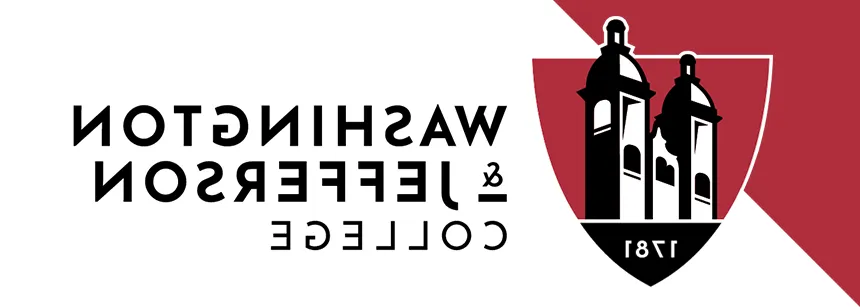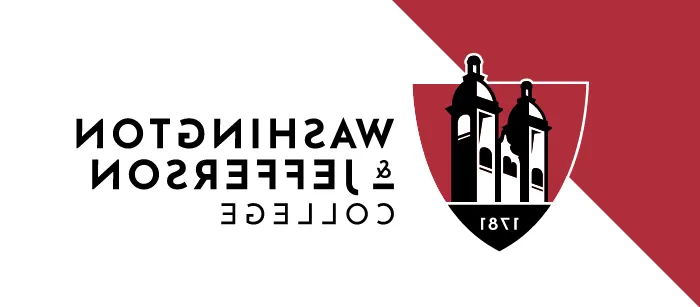WASHINGTON, PA (Feb. 28, 2014)—Washington & Jefferson College (W&J) has received a grant to host an ExxonMobil Bernard Harris Summer Science Camp, a ten-day partly residential summer camp designed to engage middle school students in Washington and Allegheny counties in hands-on experimentation and science.
W&J’s camp, free and open to students in grades six through eight interested in science, will be held June 16-20 and June 23-27. The theme of the camp is Foodology: the Science of Food, and traditionally underrepresented or underserved students are strongly encouraged to apply.
One thousand middle school students will be selected to attend one of 20 camps held at colleges and universities across the country, where they will be immersed in hands-on science, technology, engineering and mathematics (STEM) learning.
W&J is the only school in the Pittsburgh region, and one of only two in Pennsylvania, to receive the grant.
“This is science education for these students that really complements what they are doing in the classroom,” said Anne McGrain, Ph.D., biology program coordinator at W&J. “I also really value the fact that this is for students who are at an age when decisions can be made in what areas of interest they want to pursue.”
The camp is designed for students interested in exploring the science behind food preparation, manufacturing, preservation, safety and nutrition, McGrain said. Faculty-led instructional modules will be featured in areas of mathematics, physical science, life science, nutrition, genetic engineering, biotechnology and communication.
Campers will participate in a variety of instructional activities, including the science of cheese-making, where campers will prepare home-made cheese; genetic engineering, designed to help students understand plant genetic engineering and detect markers of genetically modified crops in various food items; and Kool-Aid, where campers will identify the amount of food dye in various flavors of Kool-Aid using spectrophotometry.
Anupama Shanmuganathan, Ph.D., assistant professor of biology at W&J, said evening activities will include workshops and activities centered around time management techniques, career choices, and “converting obstacles into opportunities,” taught by staff and faculty at W&J.
“There will be six to seven hours of hands-on instruction each day, looking at things like food preservation and food chemistry,” Shanmuganathan said, adding, “we are very excited to have this opportunity to offer the camp to area students who show a real interest, show real potential, in science.”
This unique experience supported by the ExxonMobil Foundation includes mentoring from Dr. Bernard A. Harris, Jr, the first African-American to walk in space and camp founder. Harris received an honorary degree from W&J in 2013.
“From building models of bridges to designing robots and creating spacesuits, students see first-hand engineering, science, technology and math come alive through real-world applications,” said Harris, president, The Harris Foundation.
Since 2006, more than 8,700 underserved students have participated in this program. According to a 2013 Harris Foundation study of camp alumni currently enrolled in college, 96 percent credit the program with influencing their decision to pursue higher education, and 86 percent plan to pursue a STEM-related career.
“Technology is essential to nearly every industry, and students need to be well versed in science and math in order to succeed in the high-tech nature of the 21st century,” said Suzanne McCarron, president, ExxonMobil Foundation. “Through programs like the Bernard Harris science camps, ExxonMobil is committed to preparing the future workforce by helping today’s youth develop an interest and solid foundation in STEM.”
For more information, call 724-250-3352.
(end)


